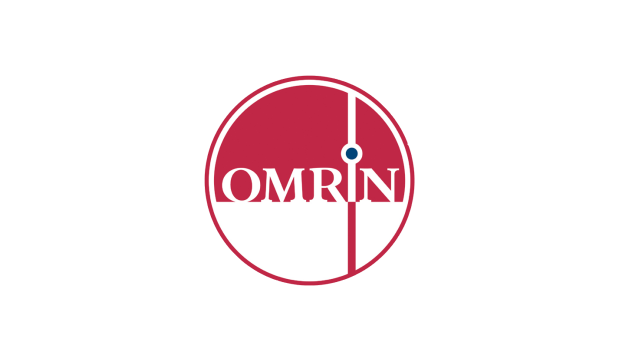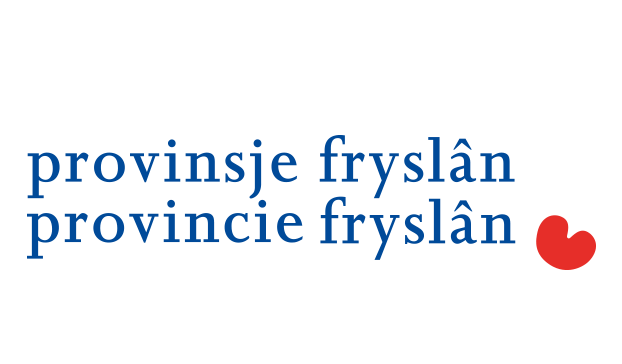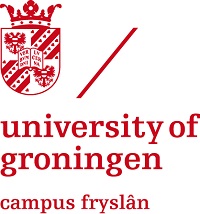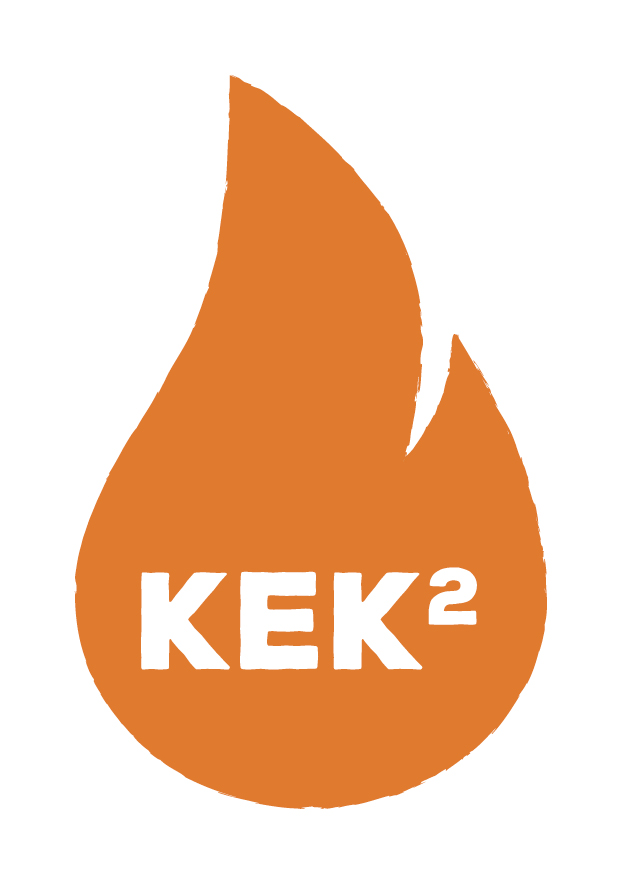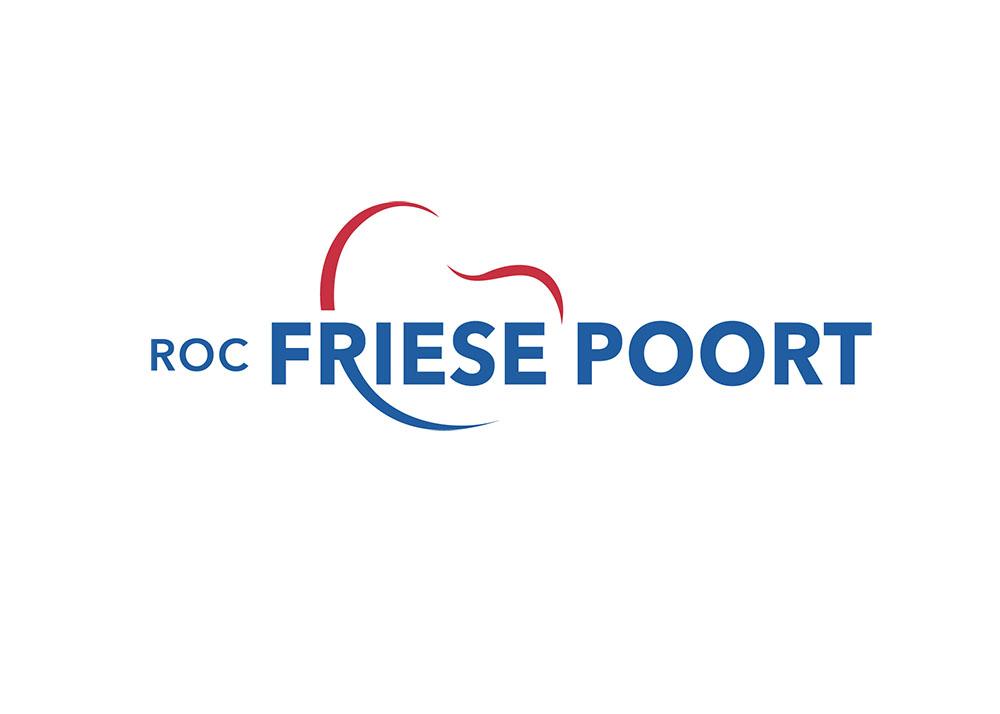SPARK RCE Fryslan
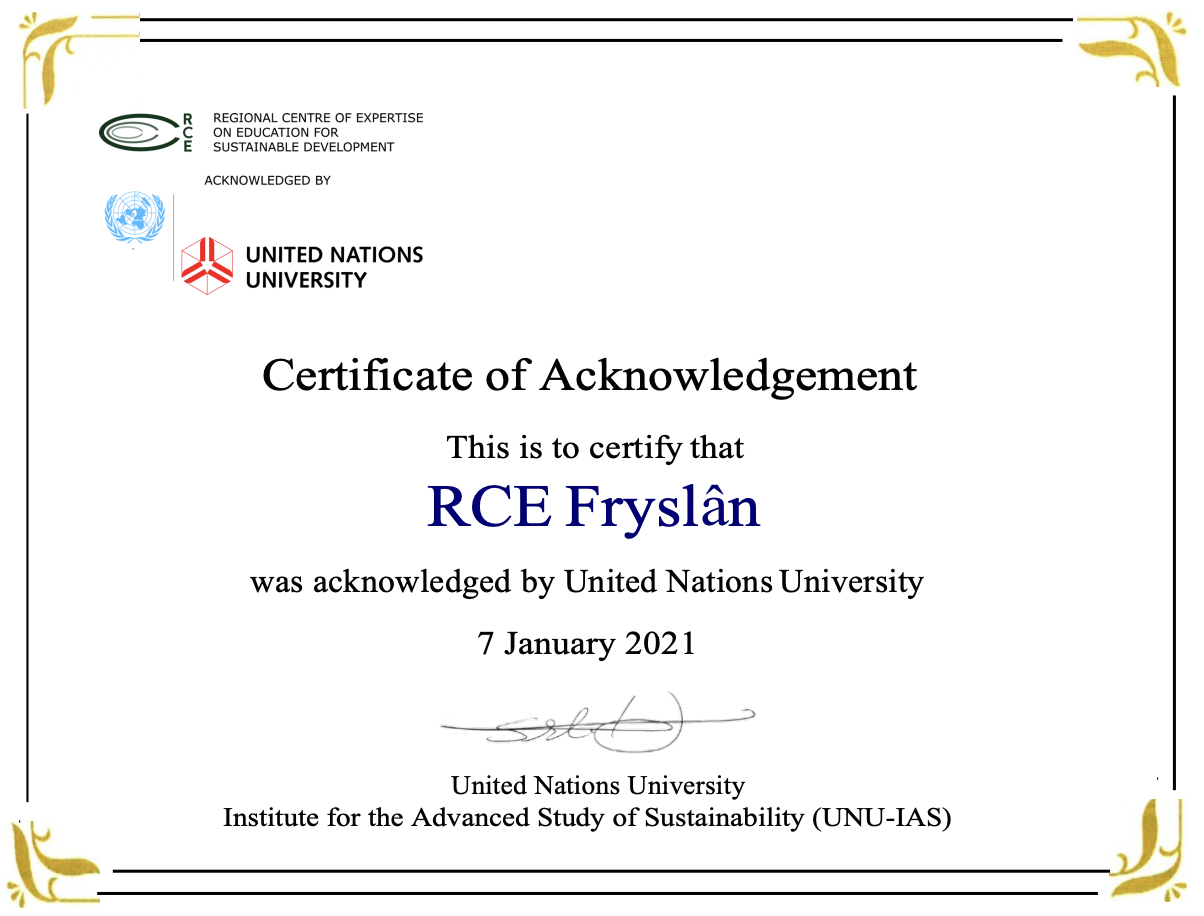
How RCE SPARK FRYSLAN started
In 2019 SWEDESD visited RUG|Campus Fryslân. We then first heard about the existence of the UN -led RCE ESD Network. Chantal Vrijhof (Campus Fryslân) and Heleentje Swart (Circulair Friesland/ SPARK the Movement) started to orient themselves. RCE ESD stands for Regional Centre of Expertise on Education for Sustainable Development. The RCEs form an international learning community, initiated and supported (although not financially) by the UN.
In February 2020 the European deputy of the RCE network (and linked to RCE Oldenburg Münsterland and the University of Vechta) visited Fryslân. After a tour along VET-centers and Universities a large group of stakeholders met him at the Kanselarij. Mr. Detlev Lindau Bank explained the benefits and the terms for becoming a RCE.
Circulair Friesland/ SPARK the Movement and Campus Fryslân decided to apply for a RCE-status. Claim your Future and Jongerenpanel Duurzaam Friesland joined as Youth Coordinators. Besides, we received over 20 letters of intent of stakeholders to support our application.
In March 2020 the application-form was sent, as well as an elaborate report about the ambitions and the situation in Fryslân. In December the UBUNTU-committee had its annual meeting and in January 2021 Circulair Friesland/ SPARK the Movement and Campus Fryslân got a message we are now officially acknowledged as RCE Fryslân by the United Nations University. The report can be found here.
What is ESD?
Education for Sustainable Development empowers learners to take informed decisions and responsible actions for environmental integrity, economic viability and a just society, for present and future generations, while respecting cultural diversity. It is about lifelong learning, and it is an integral part of quality education.
ESD is holistic and transformational education which addresses learning content and outcomes, pedagogy and the learning environment. It achieves its purpose by transforming society. ESDfor2030 therefore promotes a whole school approach to sustainability (WSA). Recently a framework has been developed to stimulate universities, VET-centers, high schools and primary schools to align their vision on ESD to all educational domains that influence learning.
These domains concern
· the curriculum, facilitating the integration of the complex challenges of our times;
· the pedagogy and didactics, facilitating teaching and learning in an interactive, learner-centred way, enabling exploratory, action oriented and transformative learning;
· the policy and faciliatory management, facilitating an environment that pro-actively stimulates sustainable values and behavior;
· the professional development, facilitating individual teachers as well as teams to develop new behavior, knowledge and skills needed for transformative learning
· the connection the school makes to its physical surrounding as well as to the social community, facilitating the interaction between learners, the context in which the complex challenges of our time become manifest and the people who already construct positive actions to address these challenges.
ESD seeks to empower and engage learners of any age, in any education setting, to transform themselves and the society they live in into a more just, peaceful, tolerant, inclusive, secure, biodiverse and thriving world.
Core competences for ESD focus on critical and systemic thinking, collaborative decision-making, imaginative envisioning, developing emotional intelligence and the ability of changing perspectives and the willingness to take responsibility for present and future generations, thus fostering broad prosperity.
More information: https://en.unesco.org/themes/education-sustainable-development
What is a RCE?



